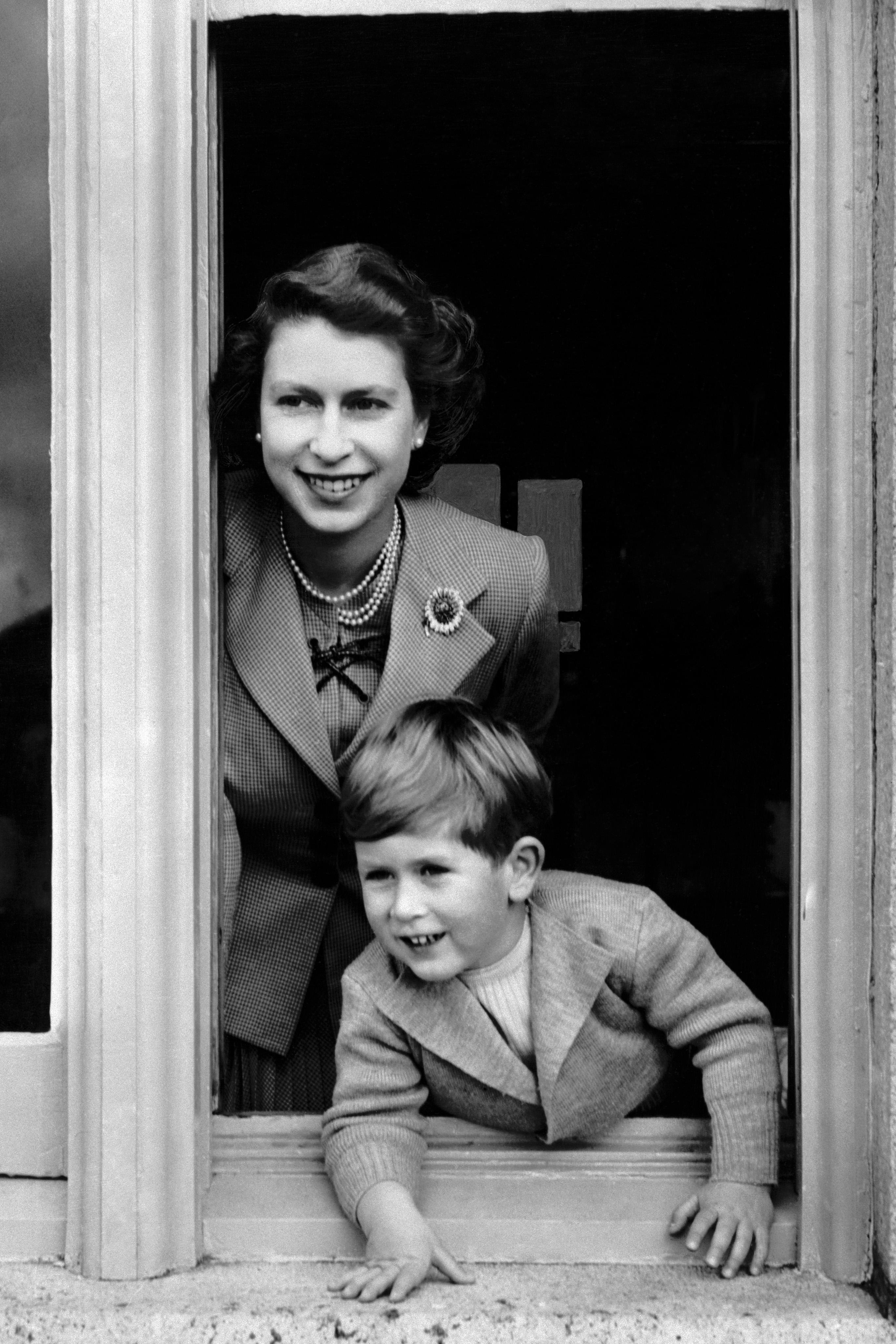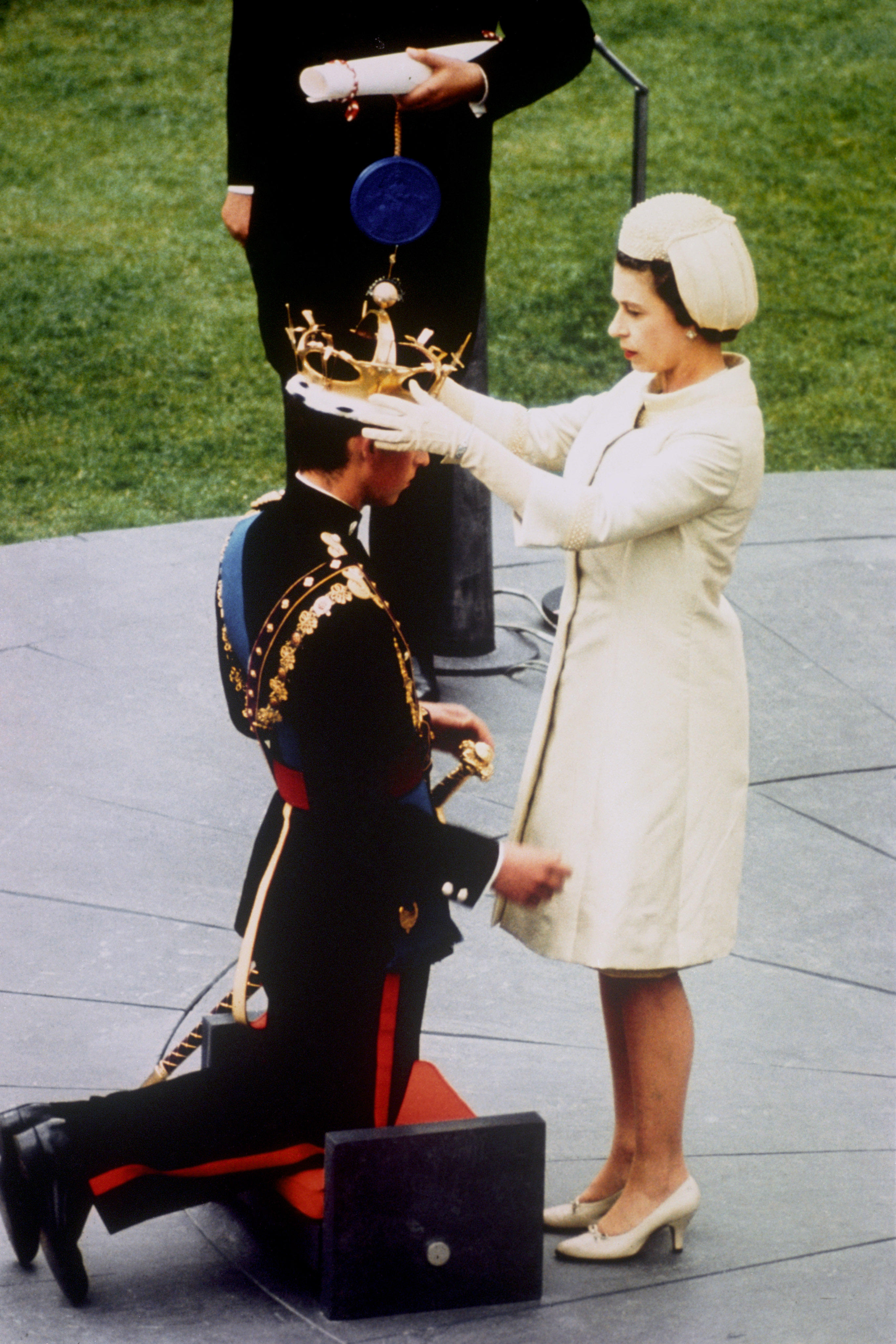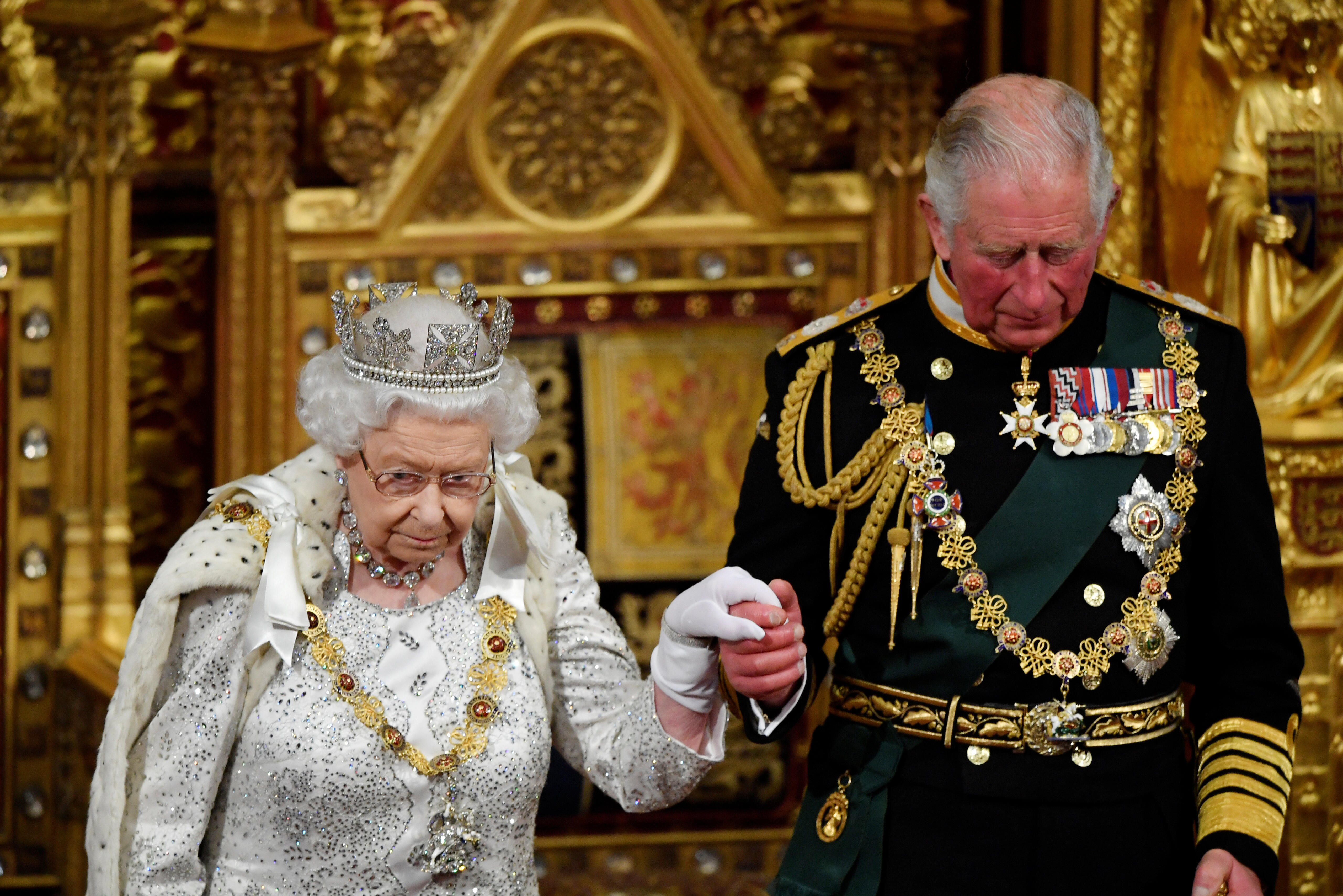
Queen Elizabeth II, the longest-reigning monarch in British history, was not only a symbol of stability and continuity but also a mentor to her son, Charles, preparing him for the throne. Her relationship with Charles was marked by guidance, support, and a shared sense of duty. Throughout her reign, she played a pivotal role in shaping his future as the next monarch, ensuring that he was well-prepared to carry on the legacy of the British monarchy.

Preparing Charles for the Throne
From a young age, Charles was groomed for his future role as king. Unlike his mother and grandfather, who spent their childhoods unaware that they would one day wear the crown, he always knew his destiny. His mother took a hands-on approach to his upbringing, instilling in him the values of duty, service and dedication. She saw to it that he was the first heir to the throne to attend school when he became a day pupil at Hill House in Knightsbridge just before his eighth birthday. She wanted him to receive an extensive and varied education, both academically and in matters of state. With her guidance, he attended prestigious schools and became the first monarch in British history to go to university, where he studied anthropology, archaeology and history. But arguably his most important lessons came from his mother.
The Queen involved Charles in royal duties early on, allowing him to observe and participate in various official engagements. This hands-on experience was invaluable in preparing him for the responsibilities that lay ahead. She also made sure that he understood the importance of connecting with the people, a lesson she had learned from her own father, King George VI.
Investiture
One of the most significant moments in Charles's preparation for the throne was his investiture as the Prince of Wales in 1969. The ceremony, held at Caernarfon Castle in North Wales, was a grand affair, watched by millions on television. The Queen played a central role in the event, bestowing the title upon her son with great pride and ceremony.
Charles had spent several months learning the Welsh language so that he could give his replies in both English and Welsh, demonstrating his commitment to his future role. The investiture was not without controversy, as it sparked protests from Welsh nationalist groups who opposed the monarchy's influence in Welsh affairs. However, the event was a significant milestone in Charles' journey towards kingship, and the Queen's involvement underscored her dedication to preparing him for the future.
Prince of Wales
In 1970, the Queen invited Charles and his younger sister Anne to join their parents on a royal tour of Australia, New Zealand and Canada. It was an opportunity for them to learn the ropes as they prepared for royal tours of their own. Whilst in Canada, the two siblings also made a semi-official visit to Washington for a meeting with President Richard Nixon at the White House.
Our new King has acknowledged that his mother's unswerving dedication to public service has inspired him throughout his life. Unwilling to wait in the background until the crown passed to him, he successfully redefined the role of the heir apparent and channelled his passion for young people, architecture and the environment into multiple projects that continue to bear fruit today.

Arguably, one of his greatest accomplishments was the creation of the Prince's Trust in 1976. The charity supports young people in creating a better future for themselves through employment, education and enterprise. It has become the U.K.'s leading youth charity and has helped over a million young people. In 1999, the Queen recognised this important work by granting The Prince’s Trust a Royal Charter, declaring, "I would like to take this opportunity to say to you, Charles, how proud I am of everything you have accomplished with the trust and the way you have inspired this organisation."
Commonwealth
In 2018, Queen Elizabeth II made a significant move to secure Charles' future role as Head of the Commonwealth. During the Commonwealth Heads of Government Meeting (CHOGM) held in London, she made a personal request to the leaders,
“It is my sincere wish that the Commonwealth will continue to offer stability and continuity for future generations and will decide that one day the Prince of Wales should carry on the important work started by my father in 1949."
The following day, the Commonwealth leaders agreed that Charles would become the next head of the Commonwealth when he ascended to the throne. By doing so, he follows in the footsteps of his mother and grandfather – a destiny fulfilled.
This nomination was a testament to the Queen's confidence in Charles's ability to lead and her commitment to ensuring a smooth transition of power. It also highlighted the importance of the Commonwealth to the Queen and her desire to see it continue to thrive under her son's leadership.
Passing the Torch
In her later years, the Queen began to scale back the number of her public engagements in what was seen as a transitioning process to the next generation. Her visit to Australia in 2011 was widely described as her farewell tour, and she did not travel overseas again after 2015.
In contrast, Charles and his wife Camilla increased their royal duties significantly, undertaking frequent tours of the Commonwealth and international state visits, and representing the Queen at various events and engagements. This transitioning process allowed him to gain valuable experience and build his own rapport with the public.

One notable example was in November 2017, when Charles handled the traditional Remembrance Sunday duty of placing a wreath at the Cenotaph war memorial as his mother watched from a nearby balcony. This moment symbolised the gradual passing of the torch from the Queen to her heir, showcasing her trust in his ability to uphold the monarchy's traditions and responsibilities.
Charles' Speeches as King
When Queen Elizabeth II passed away on 8 September 2022, Charles ascended to the throne as King Charles III. In his first speech as king on 9 September 2022, he paid tribute to his mother, acknowledging her lifelong dedication to service and her profound influence on his own sense of duty. He said,
"Throughout her life, Her Majesty The Queen – my beloved Mother – was an inspiration and example to me and to all my family, and we owe her the most heartfelt debt any family could owe to their mother; for her love, affection, guidance, understanding, and example."
In his first Christmas speech in 2022, King Charles III continued to honour his mother's legacy. He spoke of the values she had instilled in him and the importance of service to the nation. He said,
"As we celebrate this Christmas, I am reminded of the enduring values that my mother, Queen Elizabeth II, upheld throughout her reign. Her commitment to duty, her sense of service, and her unwavering dedication to the people of this nation have been a guiding light for me and for all of us."
A Legacy of Mentorship and Inspiration
Queen Elizabeth II's mentorship of Charles was a testament to her dedication to the monarchy and her commitment to ensuring its continuity. Her guidance, support and trust in her son prepared him for the immense responsibilities of wearing the crown. Through her actions and words, she instilled in him the values of duty, service and dedication that have defined the British monarchy for generations.
King Charles III carries with him the lessons and inspiration of his mother. Her influence is evident in his speeches, his actions, and his commitment to serving the people. Queen Elizabeth II's legacy as a mentor and a monarch will continue to shape the future of the British monarchy, ensuring that she will remain a symbol of stability, continuity and service for generations to come.



